The 2024 Executive Power Survey – Presidential Obstruction
Where the Presidential Candidates Stand on Obstruction of Justice
The fallout from the Mueller report revealed that there was a disagreement within the Justice Department about whether existing obstruction-of-justice laws should be interpreted as applying to a president who abuses his official powers to impede an investigation for corrupt reasons — and whether, as a constitutional matter, Congress could criminalize abuse of official power even if lawmakers explicitly and unambiguously intended to do so.
As a constitutional matter, does Congress have the authority to criminalize a president’s abuse of Article II powers for corrupt purposes? As a statutory matter, do current obstruction-of-justice laws apply to a president’s abuse of his official powers?
This is a dangerous direction. Interpretations may differ on what constitutes “corrupt reasons” for impeding an investigation. The boundary dividing ideologically based prosecutorial priorities from politically motivated prosecutions may be blurry. The Constitution grants Congress a primary check on a president’s abuse of power: impeachment.
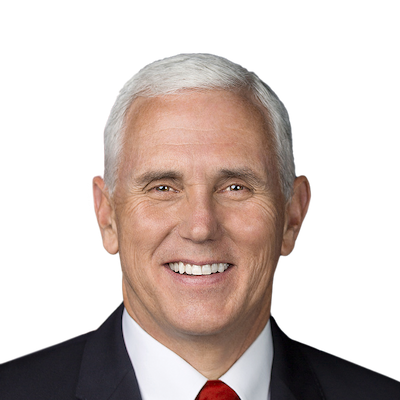
No one is above the law, including President Biden. In the light of mounting evidence that he may have abused his official status to secure sizable bribes for his son and himself from a foreign business, he should cease obstructing congressional investigations into the matter, turn over requested documents, and appoint a special counsel to get to the bottom of these concerning allegations.
Our separation of powers prevents Congress from targeting the executive with criminal laws or from criminalizing exercises of constitutionally granted authorities, but presidents are not exempt from laws of general applicability. For example, presidents are subject to criminal prohibitions on bribing or coercing witnesses. I agree with the longstanding Justice Department position that a sitting president cannot constitutionally be indicted, but an impeached president who has been removed from office by Congress for violations of the law can.
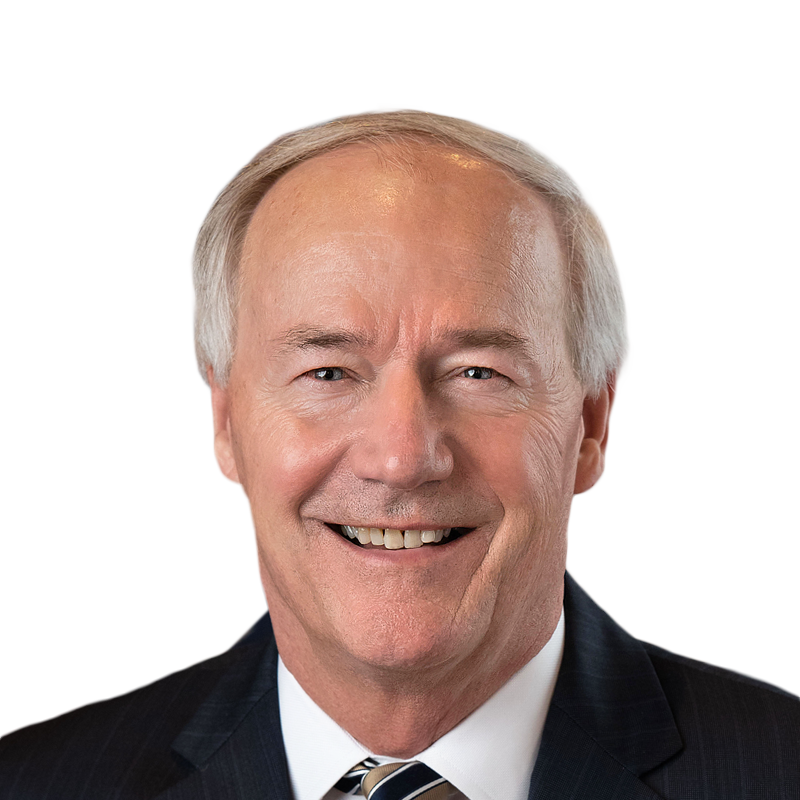
The current obstruction-of-justice laws apply to the president. There is no need for further action by Congress. As a practical matter, I am skeptical that Congress would take action in a constitutionally appropriate way. Article II powers do not allow a president to corruptly use the office of president for unlawful purposes.
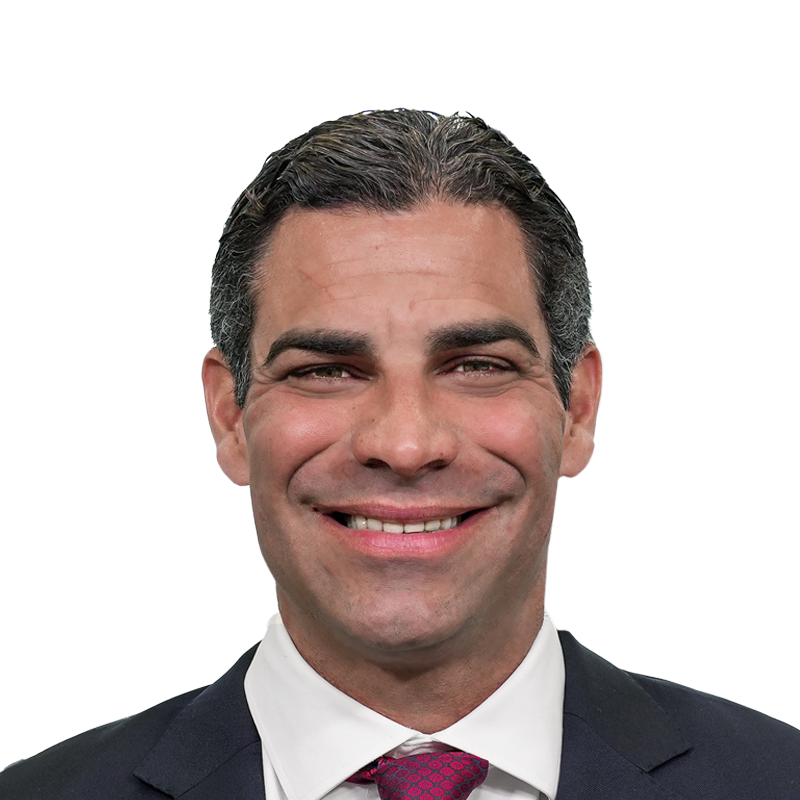
The Constitution already provides the primary mechanism for addressing a president’s abuse of Article II powers for corrupt purposes: impeachment, trial and conviction. Although I do not believe that the president’s exercise of Article II powers falls entirely outside the bounds of obstruction of justice laws, the faithful application of those laws to the president must always take into account the president’s unique constitutional role.
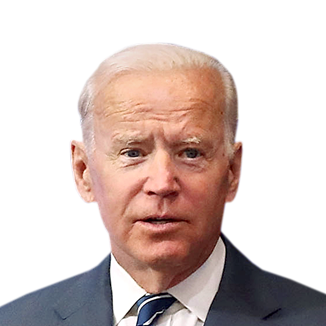
As president, it would not be appropriate for me to comment on any particular matter. It is fundamental to our constitutional system that no one — including the president — is above the law.

Yes and yes. It would be absurd to foreclose Congress from criminalizing the president’s acceptance of bribes to influence exercise of official presidential powers. The current obstruction-of-justice statute applies to the president, who clearly could be prosecuted for such an offense after departing the White House.
A more difficult question is whether prosecution could be had while the president occupies the Oval Office. I think the most convincing view is that the House of Representatives could investigate and vote for articles of impeachment for such misconduct for trial, possible conviction and removal by the Senate. An incumbent president should not be immobilized by a prosecutor not elected by the people.
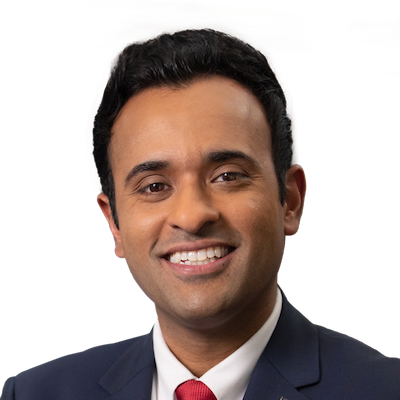
This begs the question of what counts as “corrupt purposes.” Who defines what is and what is not “corrupt”? This question is too ambiguous to answer.
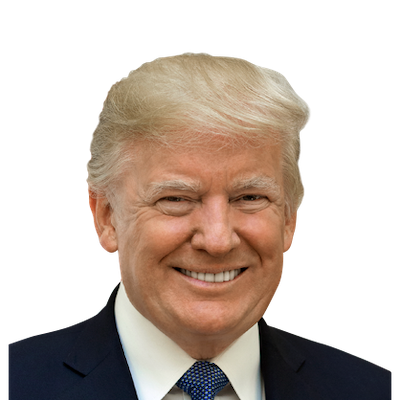
Has not responded to this question.
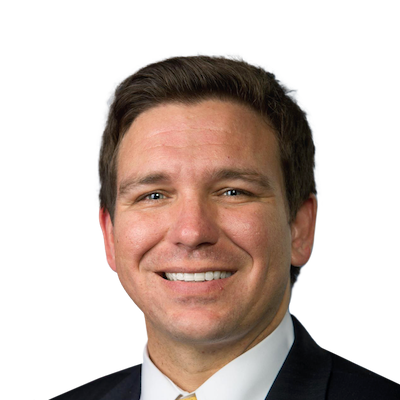
Has not responded to this question.
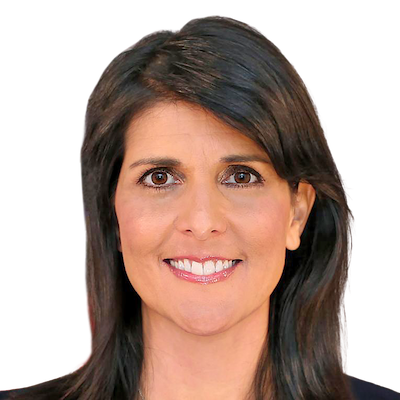
Has not responded to this question.
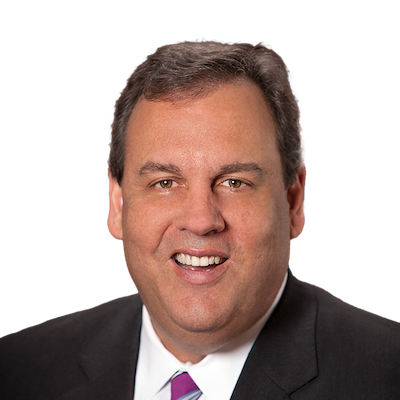
Has not responded to this question.
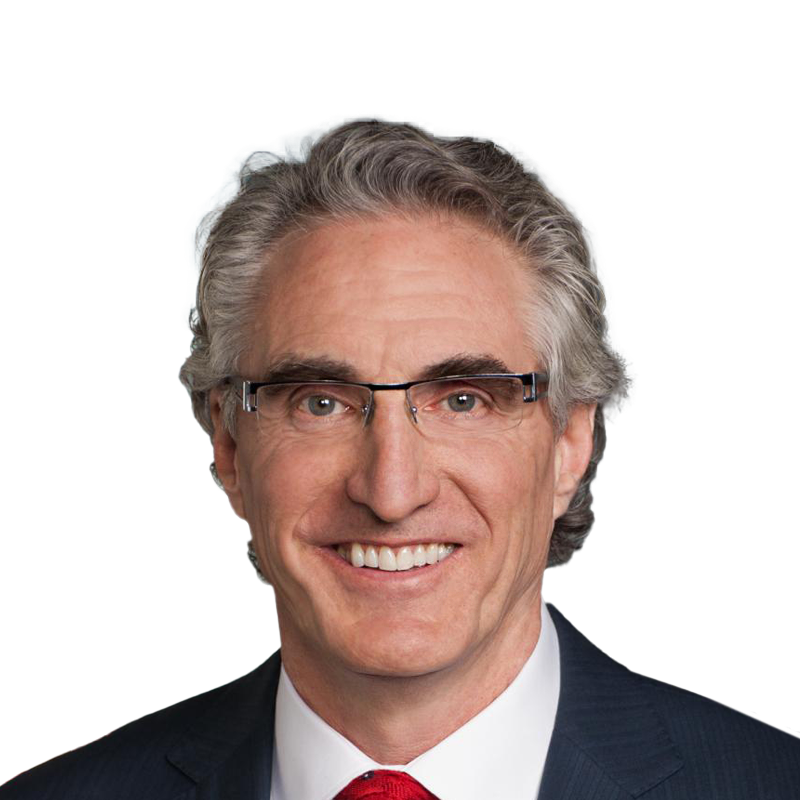
Has not responded to this question.
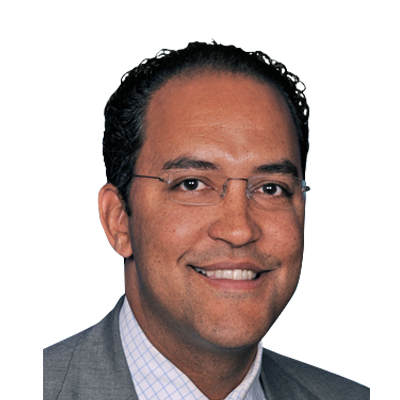
Will Hurd
Former United States representative
Has not responded to this question.
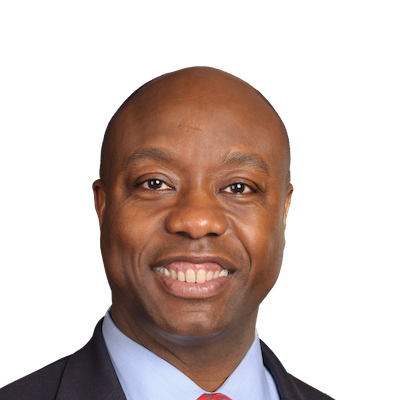
Has not responded to this question.
Read the full article Here


